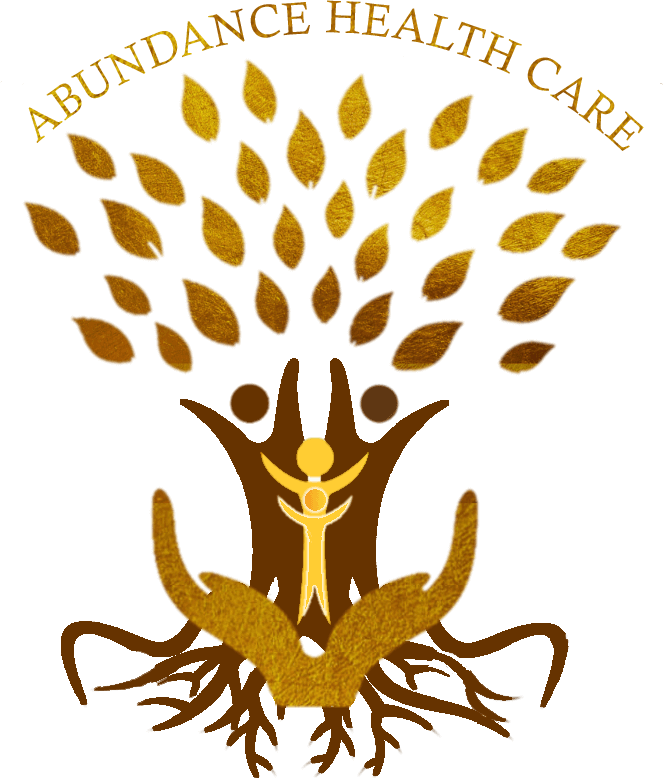Ovarian Cyst
Introduction
Ovarian cysts are a common condition in women during the childbearing years. They result when a cyst forms on the ovary. An ovarian cyst may or may not cause symptoms. The majority of ovarian cysts go away without treatment. In some cases, surgery may be necessary to remove large or ongoing cysts.Anatomy
Causes
Symptoms
Diagnosis
Your doctor may detect an ovarian cyst while performing a pelvic examination. A doctor may conduct an ultrasound test if an ovarian cyst is suspected. In some cases, a computed tomography (CT) scan or magnetic resonance imaging (MRI) scan may be used to create images of your ovary. Additional tests may be ordered to rule out other conditions with similar symptoms.Treatment
A laparoscopy is a minimally invasive surgical procedure that uses a laparoscope to view the ovary. A laparoscope is a type of endoscope. It consists of a thin tube with a light and viewing instrument. Images from the laparoscope may be sent to a video monitor. The images guide the surgeon during the removal of an ovarian cyst.
Prevention
Am I at Risk
Functional ovarian cysts are more common during the childbearing years, from puberty to menopause. Functional ovarian cysts are rare after menopause. Women that take the fertility drug clomiphene citrate have an increased risk for corpus luteum cysts.Complications

Copyright © - iHealthSpot Interactive - www.iHealthSpot.com
This information is intended for educational and informational purposes only. It should not be used in place of an individual consultation or examination or replace the advice of your health care professional and should not be relied upon to determine diagnosis or course of treatment.
The iHealthSpot patient education library was written collaboratively by the iHealthSpot editorial team which includes Senior Medical Authors Dr. Mary Car-Blanchard, OTD/OTR/L and Valerie K. Clark, and the following editorial advisors: Steve Meadows, MD, Ernie F. Soto, DDS, Ronald J. Glatzer, MD, Jonathan Rosenberg, MD, Christopher M. Nolte, MD, David Applebaum, MD, Jonathan M. Tarrash, MD, and Paula Soto, RN/BSN. This content complies with the HONcode standard for trustworthy health information. The library commenced development on September 1, 2005 with the latest update/addition on February 16, 2022. For information on iHealthSpot’s other services including medical website design, visit www.iHealthSpot.com.


